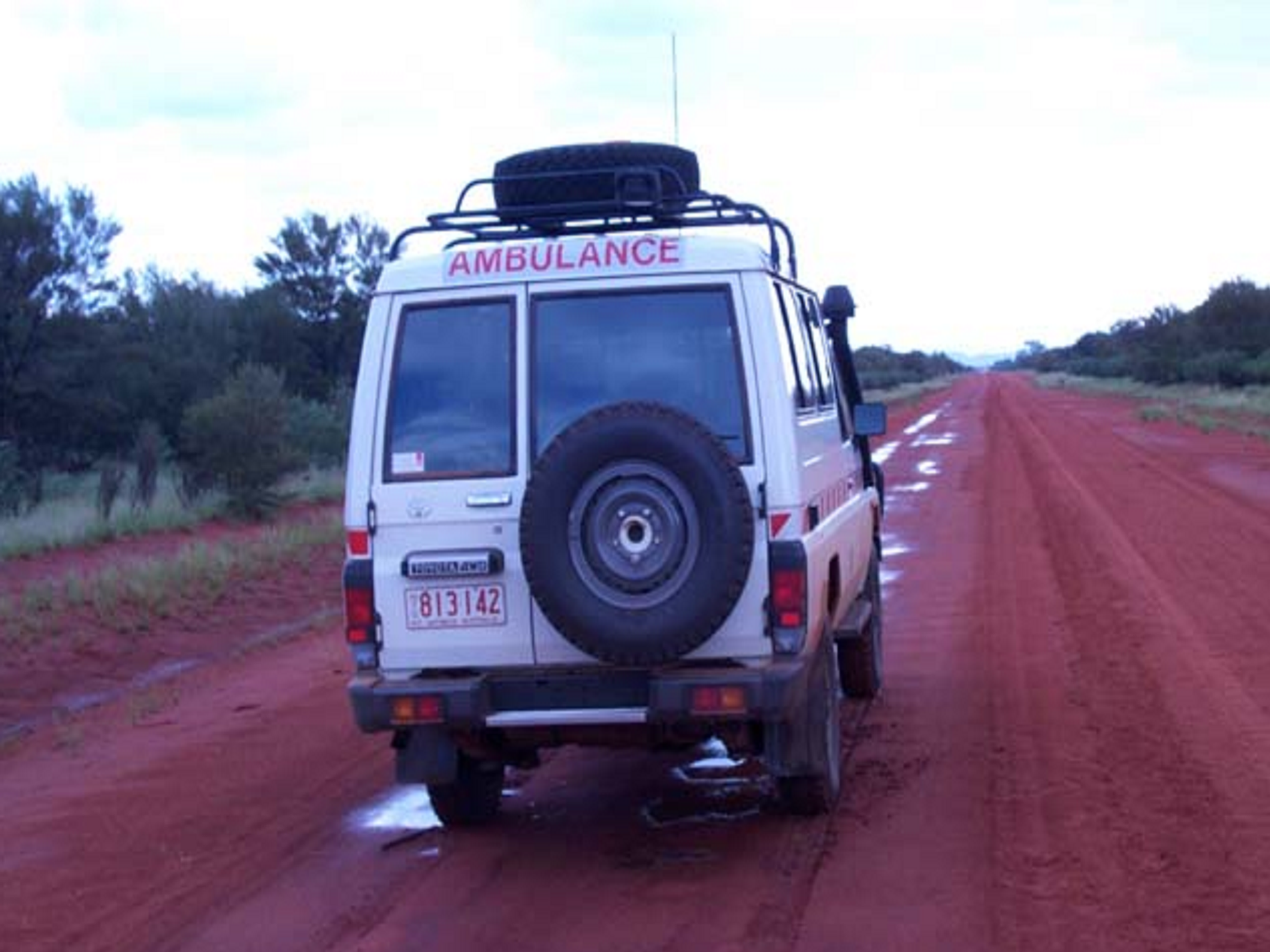News release
From:
A new study led by Menzies School of Health Research has uncovered a staff turnover rate of 151% each year, on average, in Aboriginal Community Controlled Health Service (ACCHS) clinics in regional and remote Northern Territory (NT) and Western Australia (WA).
Published last week in Human Resources for Health, this landmark study also revealed that turnover of Aboriginal staff was half that of non-Aboriginal staff, suggesting that hiring local staff can potentially lead to greater stability.
The researchers utilised payroll data from 11 of the 39 ACCHSs across WA and the NT, to track staff employment, measuring annual turnover and 12-month stability rates from 2017-2019. The participating ACCHSs provide care to about 63,500 Aboriginal people living in 30 communities.
The study found that staff turnover increased with remoteness. It highlighted that the cost-of-service delivery is already high in very remote locations, and staff turnover adds to this expense. Turnover and poor retention of staff also results in heavy human resources impacts on remote ACCHSs.
Due to this, ACCHSs have an increased reliance on short-term agency and locum staff, and turnover regularly redirects resources into costly and time-consuming recruitment and orientation of new staff. The study highlighted current primary health care funding models do not adequately resource remote ACCHSs for these higher costs. It also raised the urgent need of more equitable, needs-based funding.
Reducing staff turnover enhances interpersonal continuity of care, preserves valuable local knowledge, fosters trusting relationships between patients and their health care providers and improves cultural safety of care.
Greater employment of Aboriginal staff could help stabilise staffing in remote health clinics, however this requires expanded training opportunities on Country to enable local Aboriginal people to enter the health workforce and improved career pathways.
This research is part of a larger program analysing the health and cost impacts of short-term staffing in Aboriginal primary health care services.
Read the paper in full: https://human-resources-health.biomedcentral.com/articles/10.1186/s12960-024-00942-9
Quotes attributable to lead author of the study and Research Fellow from Menzies School of Health Research, Dr Prabhakar Veginadu:
“This paper uncovered that turnover is very high in regional centres and extraordinarily high in remote Aboriginal health services.
“Increased employment of local Aboriginal people could help improve the stability of the remote health workforce whilst simultaneously improving cultural safety for patients, as Aboriginal people bring strong understanding of local culture and context. This requires increased supports and training pathways to build the capacity of Aboriginal people.”
Quotes attributable to Menzies School of Health Research Director, Professor Alan Cass AO:
“Growing our own local and skilled workforce is the best way to meet the health needs of communities across the NT.
“At Menzies, we are committed to supporting young people in regional and remote communities to overcome barriers to entering the health workforce. Through the Menzies-Ramaciotti Centre, we are building pathways and offering opportunities for people to train and develop skills and confidence to go on to higher education and employment. Long-term partnership and support is needed in the NT to make a difference.”



 Australia; NSW; VIC; SA; WA; NT
Australia; NSW; VIC; SA; WA; NT


